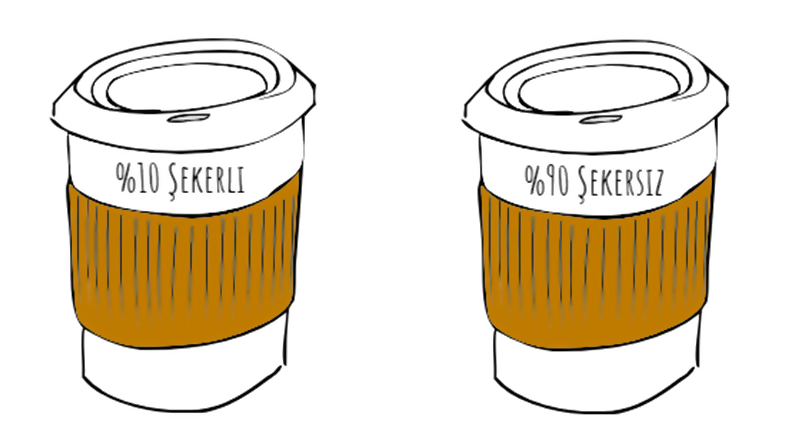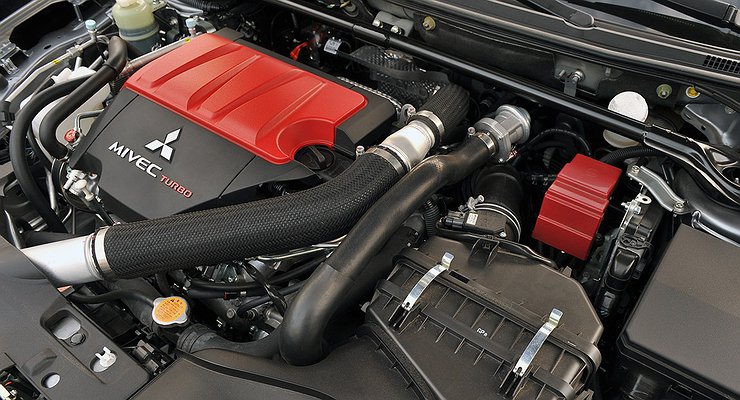Looking at the history of mankind progress we’ve made in science pretty huge. The fact that we’ve just made spacecraft and explored the universe as a rock-cutting species, and saying, “Maybe we’re hunting a mammoth or something” on a cosmic scale, is a tremendously rapid development. On the other hand, there are other things that are not as far away as space but as unknown, and one of them is our brain.
First of all, especially in the last 150 years, we learned that our brains have a function, and we even said, “He’s good with that head, and we’re not extinct.” think about the way the brain works There are many scientists. Some of these scientists have also signed or are doing very bright and remarkable studies. One of these studies is the Asian Disease Problem.
First of all, what is the “Asian disease problem”?
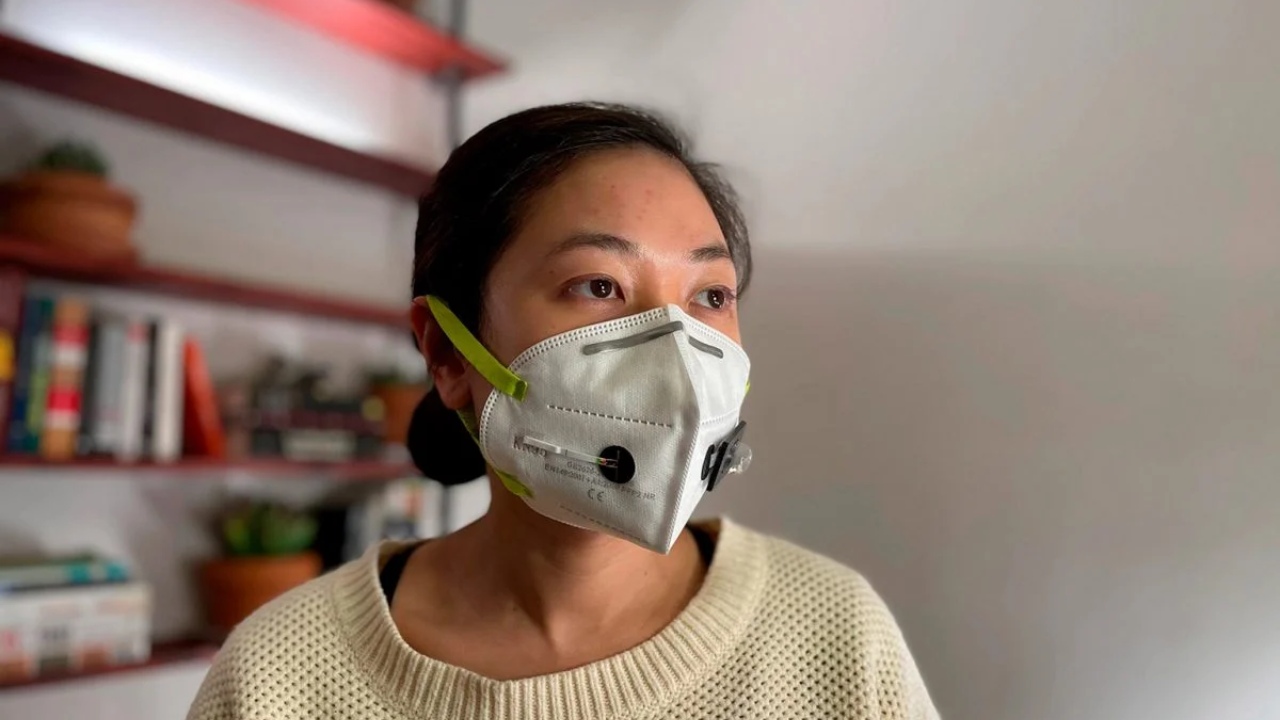
This is actually the problem it’s a thought experiment. This problem is also used against rational decision theory, one of the basic theories in the field of economics. According to rational decision theory, people know all alternatives and use this knowledge to make the optimal choice for themselves. The Asian Disease Problem shows that it is not so simple.
In 1984 Daniel Kahneman and Amos Trevsky said, “Let’s test whether people’s decision-making is really rational. This is one of the favorite phrases of our primary school teachers. don’t show your ear backwards Let’s do it method. So how does this method work? Namely, people are asked questions with the same likely expected result, but different words are chosen.
First we become little Fahrettin Koca
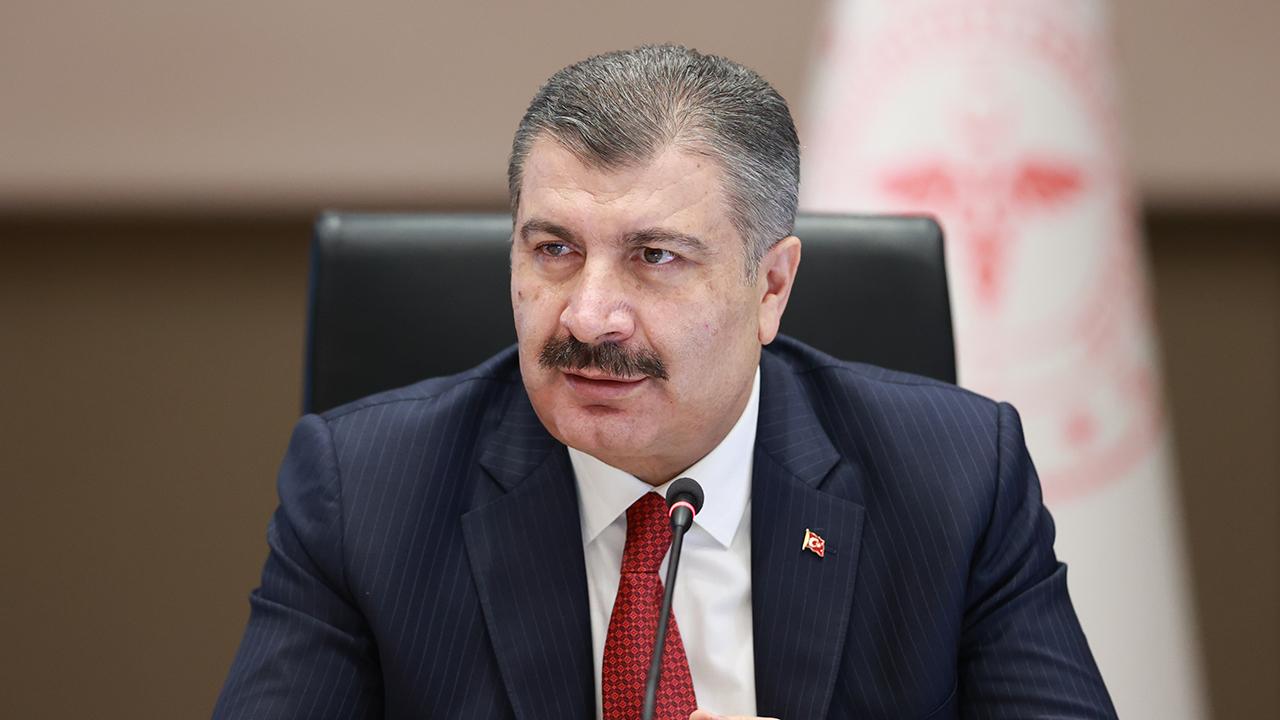
According to our experience, on a small island “Provincial Health Director” We take on the task. While all is well, your private pen comes to you with bad news: an epidemic has started and they have called it Asian Disease.
When you meet your experts, they tell you that we expect 600 people to die. There are two alternatives before us to fight the epidemic. The results of these alternatives are as follows:
- a- As a result of this program we will save at least 200 people.
- b- As a result of this program, ⅓ most likely everyone will be saved, but ⅔ probability that we will not be able to save anyone.
Expected value in both cases 200 people is happening. So it makes no sense to actually claim that there is a difference between the probabilities. When you think of things like people who didn’t want to take a risk, rather the guaranteed, and doctors can think in many different ways, researchers have an answer. This research has already been done with doctors, but the experiment didn’t stop there. Which would you choose?
Let’s come to another way of asking the same question…

The same scenario happens in the same way until the meeting where the experts sit before us. This time, our experts offer several options. The presented scenarios are as follows:
- c – At least 400 people will die
- d – ⅓ probably no one will die. ⅔ they will probably all die.
If this is the question asked another group of doctors. Which would you choose?
The results were unexpectedly surprising.
In the first scenario we have, the majority of people (72%) chose option A. In the second scenario, the vast majority of people chose option D (78%). Perhaps your choices are similar. could have been different however options A and C, B and D mean the same thing.
The reason people make different decisions based on the words used: The framing effect
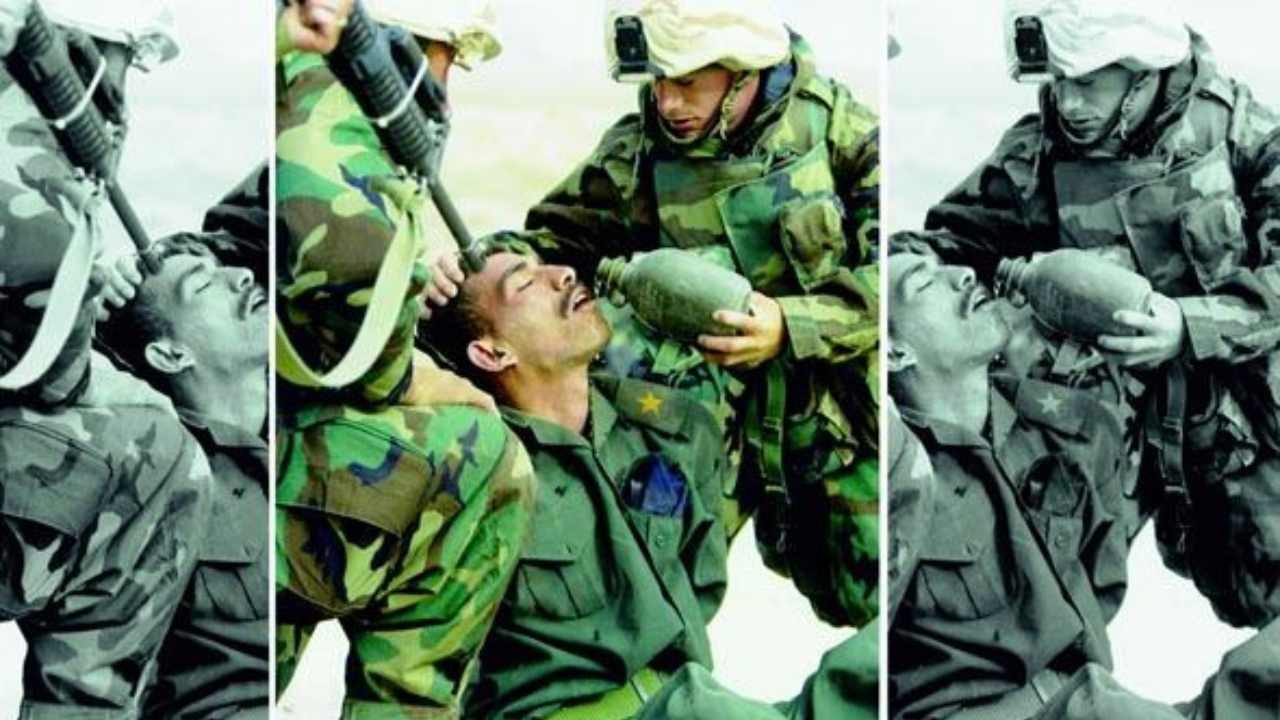
This study is a prime example of showing that people cannot make very rational decisions, and that emotional factors are also effective in making decisions, and it is one of the most popular studies in the field. So much so that Kahnemann and Tversky were awarded the Nobel Prize in 2002 for their work. The theory they put forward is also discussed under the Framing effect. It’s the expectation theory.
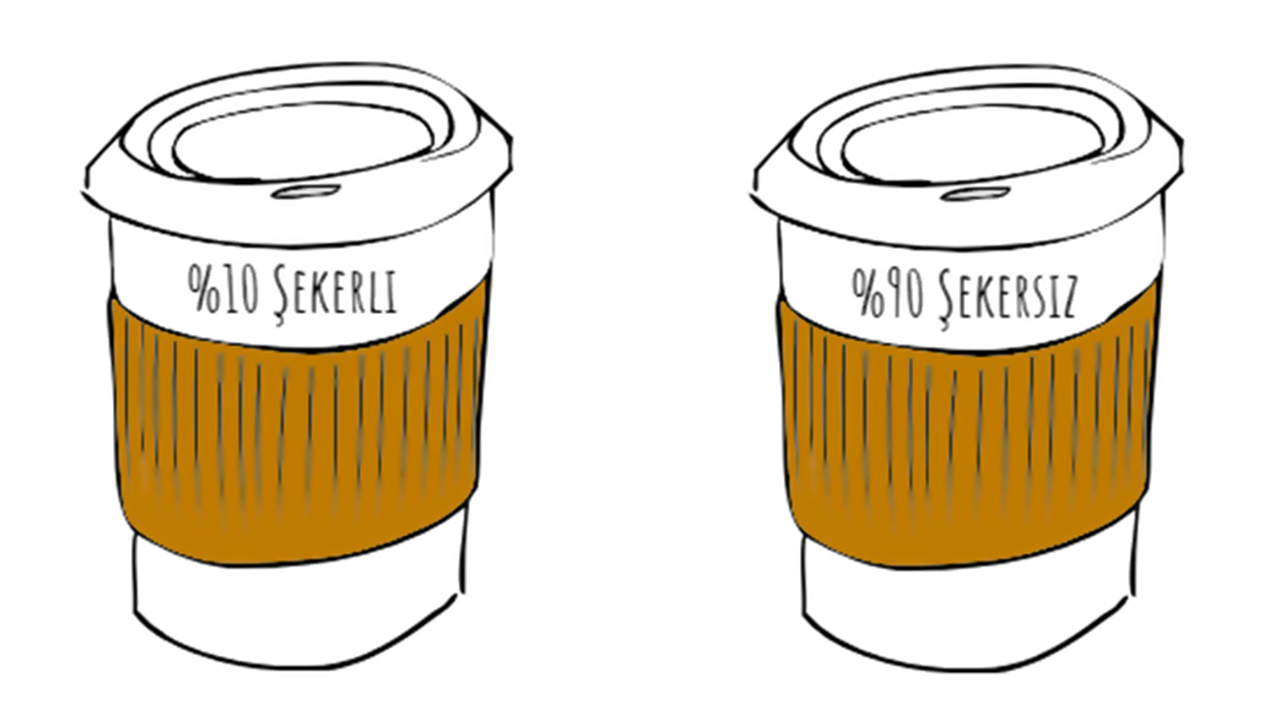
Although this example may seem a bit distant to people, we often come across this situation in our daily lives. Although the first place it comes to mind Even if it sounds like politics In fact, it is also used in economics, journalism and other fields. Actually, let’s give a past example of how companies can leverage this effect, to be exact.
In the past, the companies that used the framing effect best were credit card companies.

Credit cards weren’t all that common when they first came out. This new technology trying to keep companies He tried to convince organizations that would not pay a commission. Fuel was one of the things people preferred to buy with their credit card.
Since fuel companies don’t want to pay the 1% commission, a commission of 1% wanted to put It didn’t seem to be anyone’s business that this created the framing effect of “credit cards are more expensive”. The two parties then got together and offered credit card companies an ingenious solution. Accordingly, gasoline would be increased by 1% on all purchases, but those who prepaid would be entitled to a 1% discount. In this case, the perception would be “It’s cheaper to buy fuel with cash”.
(In addition, people are very prone to forget the real value of money. If you write 100 TL +1 TL commission on 101 TL shopping, they get angry, but as in this example while trading They think 1 lira won’t do anything.)
The Asian Disease problem is almost like with the recent Covid-19 pandemic. It has also been tested in real life. Some countries took softer measures, others took tougher measures. In the end, it seems that in the near future we will see which one is the most correct.







